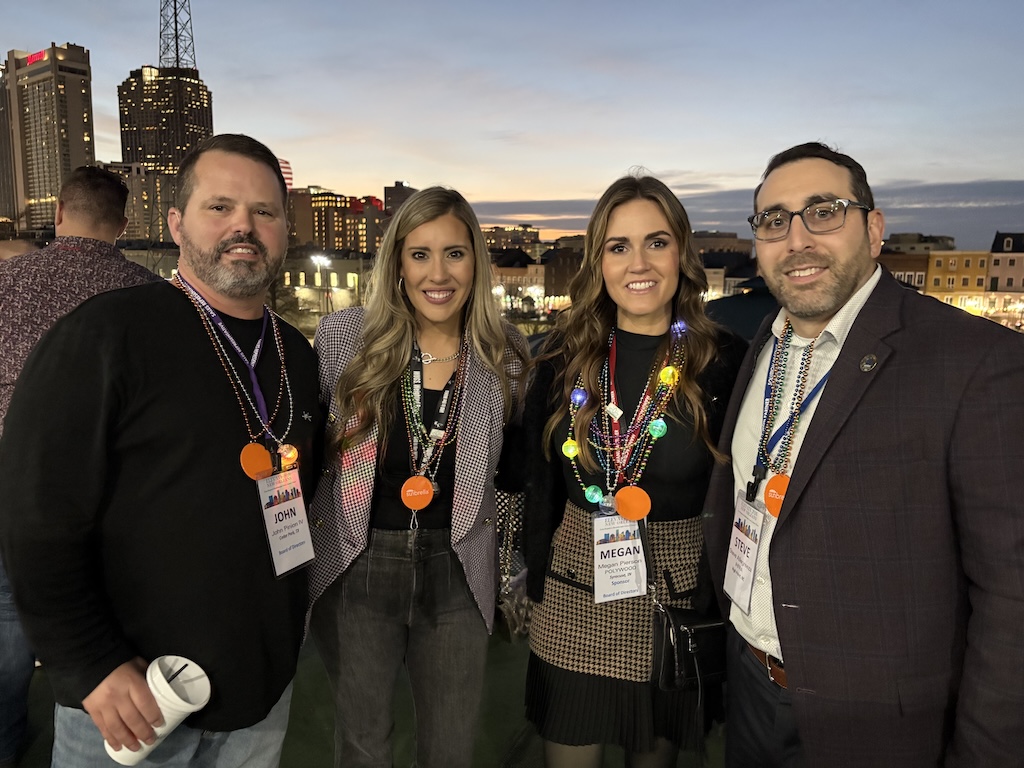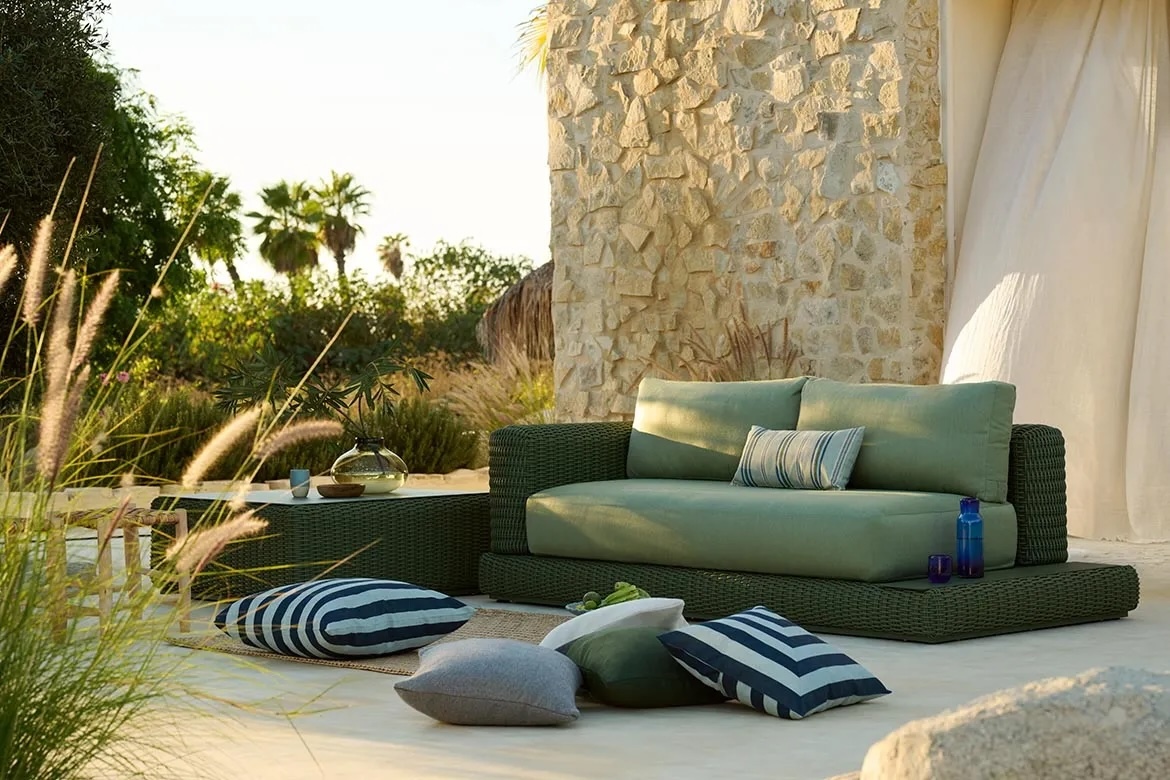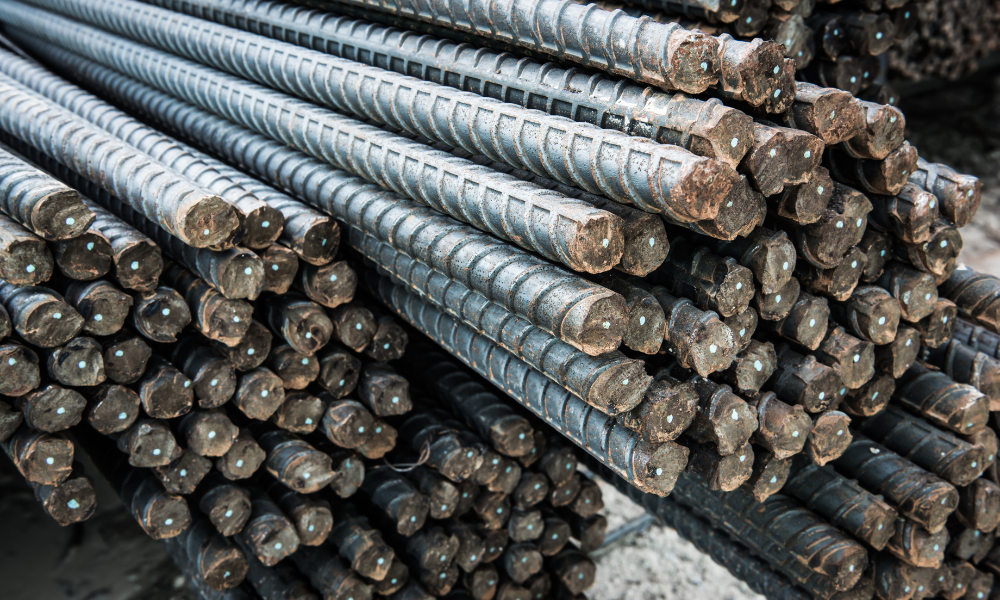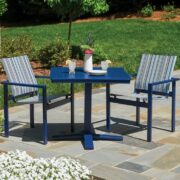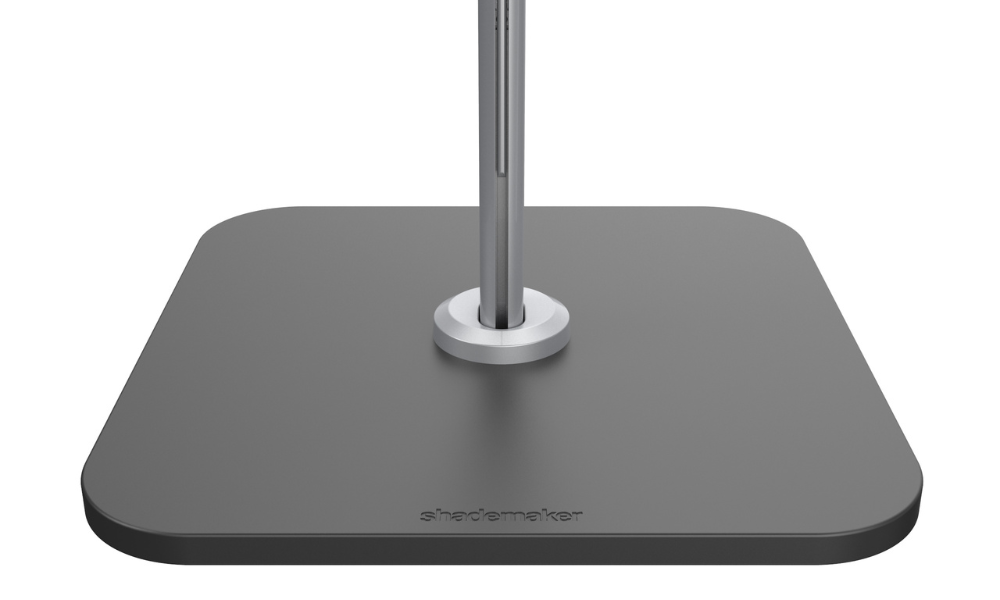Pre-sold price increases have struck the casual industry again, and retailers told Casual News Now that they think it’s wrong.
“This is frustrating in that we pre-sold all of this and I can’t go back to the customer and tell them they will have to pay more after they have waited a year and a half for the product,” Outback Patio’s Judy Miller says. “I can’t do that so how is it that they get to do that?”
Miller said she wouldn’t fight the price increase on stock orders.
“If I haven’t pre-sold it, then fine, I will suck it up and increase my prices and the customer can pay for it, but for a sold product for customers, then that is just wrong.”
O.W. Lee is the latest to raise prices, and VP of Marketing Leisa McCollister says, “it has always been important to us to be a good and fair supplier to the industry, and this decision came with great difficulty. Our No. 1 goal at this time is to get back to the OW Lee company our dealers expect and deserve.”
However, O.W. Lee are far from the only manufacturer having to raise prices due to supply chain and raw material challenges.
In fact, a study by the National Association of Manufacturers shows that 88.1% of respondents cited supply chain challenges as a primary business challenge in the first quarter, 85.7% cited increased raw material costs, and 79.0% cited the inability to attract and retain a quality workforce.
Finding employees is another challenge that 88.6% of respondents said their find difficult right now. They are not able to invest in new equipment or expand facilities if the tax burden on income from manufacturing activities increases.
Not surprisingly, O.W. Lee’s decision to raise prices prompted reactions from casual retailers, as the company is one of the most popular in the industry.
Fruhauf’s Mariah Mayhew says O.W. Lee isn’t the first to raise prices on inventory already sold. She pointed out that lead times have been long on virtually all of the inventory she has ordered.
“I get it on their side, on our side, we can’t turn around and ask the customer for more money for something that they bought a year and a half ago,” Mayhew says. “I see both sides on it. I think they are in a unique situation with all the other issues they have. Lead times are incredibly long. I get it that things change and prices go up because of inflation. But other companies have short lead times and don’t put price increases in place.”
Mayhew said she loves OW Lee product and the company, but is holding off on further purchases until delivery times improve.
Similarly, Scott Horvath of O’Malia’s Living says the recent price increases have led to some hard choices.
O.W. Lee has been the linchpin of his business regarding custom furniture, he says, but at the same time, “O’Malia’s is in a relatively small town; its customers are family and friends who they see every day at soccer games and in pick-up lines at school.”
“They have increased the prices twice and both increases were retroactive,” Horvath continues. “That doesn’t seem to me to be quite right. They (customers) have already paid and we just can’t do it — we are a local business that is serving local families and we do not feel that it is right to pass a price increase along when the customer has already placed the order and we have agreed to a price.”
Horvath said it is time for O.W. Lee to help solve the problem.
“We have been confused, we do not understand what is going on,” Horvath says. “We understand these times are dramatic and difficult and confusing and require leadership and that goes for retailers, for distributors and for manufacturers.”
He adds that more communication, rather than being directed to speak to his sales rep, is needed.
“I hope to do business with O.W. Lee, I truly love the company, they have helped us build our business and we want to work with them but ultimately, they have to work with us,” Horvath says. “It has to be a partnership and a partnership does not include passing along problems.”
Grant Henegan of Viridien, formerly Firehouse Living, sees both sides because he has been both sides – both a manufacturer and a retailer.
“I have a great sympathy for manufacturers because when you have spikes in commodity pricing, you are setting your price based on what the prices will be to you,” Henegan says. “When they change dramatically, I can see why they would have to do that — it is pointless to make parts when you are going to lose money.”
He adds that in some instances, such cost increases can and should be passed along to consumers. In two specific areas, however — special orders and in-stock orders in which a valid purchase order exists — there needs to be a good-faith negotiation.
“Both manufacturers and retailers need to be willing to take hits to their respective margins so that they can come up with the price that the consumer has agreed to pay,” he says. “As a retailer, our brand integrity means that we should honor the price agreed on with the consumer. Manufacturers and retailers have to work together to deliver the price agreed on to the consumer. The brand integrity is the thing that matters.”

